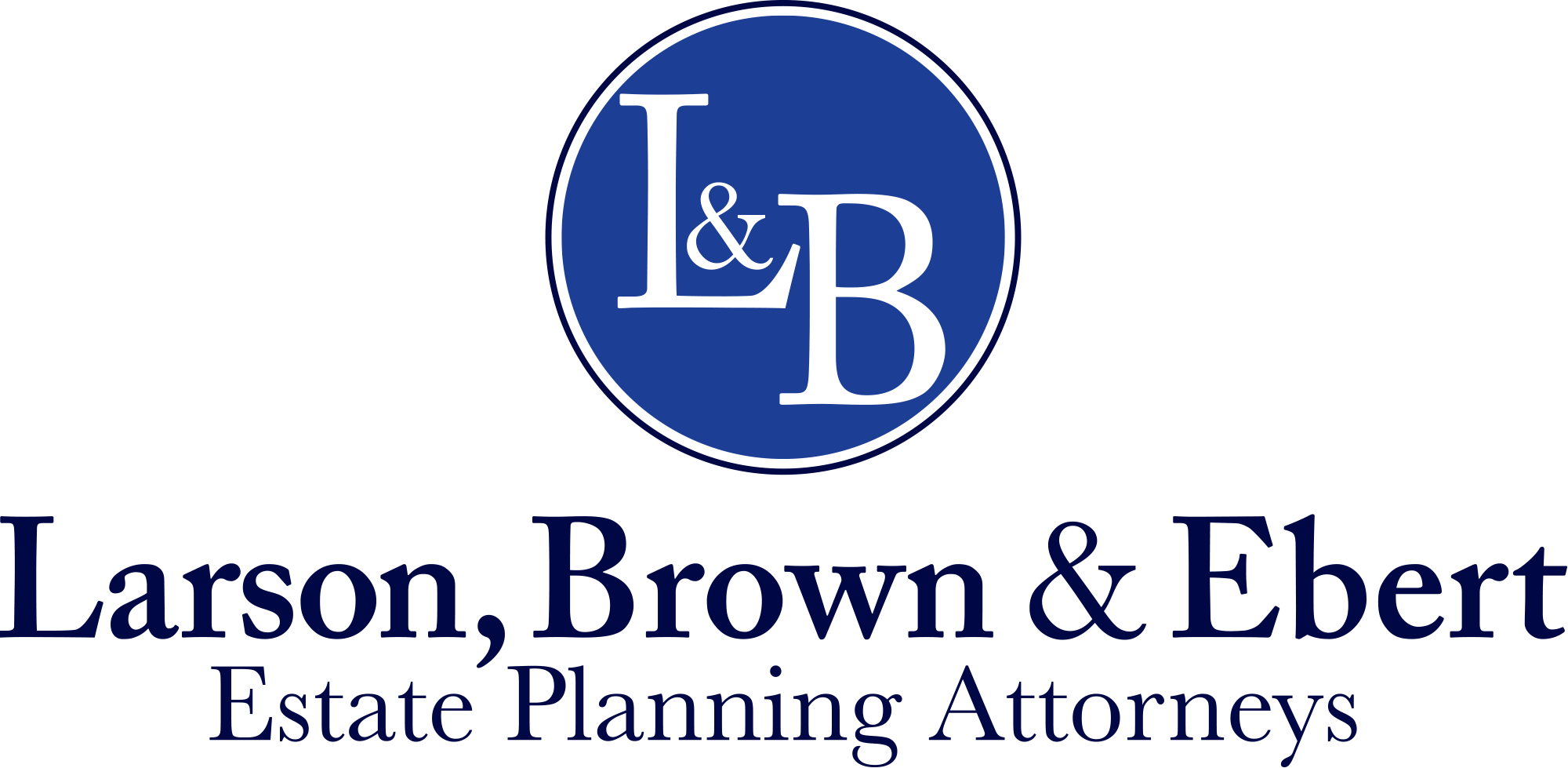
Are You a Possible Trustee of a Relative’s Trust?
We actively participate with successor Trustees in conducting the Trust Administration after the death of the person who established the trust. There are a number of things we review with someone who is named as a successor Trustee before having the individual accept the role of being the Trustee.
If you are to take on the role as Trustee, you have a fiduciary duty and therefore the possibility of liability in certain situations. Your actions as Trustee can be scrutinized and challenged. What are your duties and responsibilities?
Kansas law provides that you have a duty to administer the trust in good faith, in accordance with its terms and purposes and the interests of the beneficiaries, and the law.
The Kansas uniform Trust Code sets out the duties of a Trustee. Another duty is the duty of “loyalty.” This means to administer the trust consistent with the terms of the trust and solely in the interests of the beneficiaries. Conflicts in any transaction are to be avoided by the Trustee.
A Trustee may hold a number of different types of property and may need to sell assets or otherwise deal with these assets and in doing so must be careful to consider all possible conflicts of interest, both for the Trustee and for or with any beneficiary. The beneficiaries must be treated fairly. The Trustee must be impartial in investing, managing, and distributing the trust property, giving due regard to the beneficiaries’ respective interests.
A Trustee must be prudent in his or her administration and consider the purposes of the trust, its terms, distributional requirements and other circumstances affecting the trust. In satisfying this standard, the Trustee shall exercise reasonable care, skill, and caution.
A Trustee may only incur costs that are reasonable in relation to the trust property, the purposes of the trust, and the skills of the trustee. The Trustee has to be responsible to take control of and protect the trust property.
More than this, record keeping needs to be exact. A Trustee has a duty to inform and report to the beneficiaries. At least annually a trust report or accounting must be distributed to beneficiaries. Specific provisions relating to exactly what and how this must be done are set forth in the Kansas Uniform Trust Code.
Don’t take on the role of Trustee without completely understanding what it is that you are to do and what this very real “job” will require. The attorneys at Larson & Brown, PA can provide excellent legal advice in order to do it properly. Contact our office at 316-729-0100.

